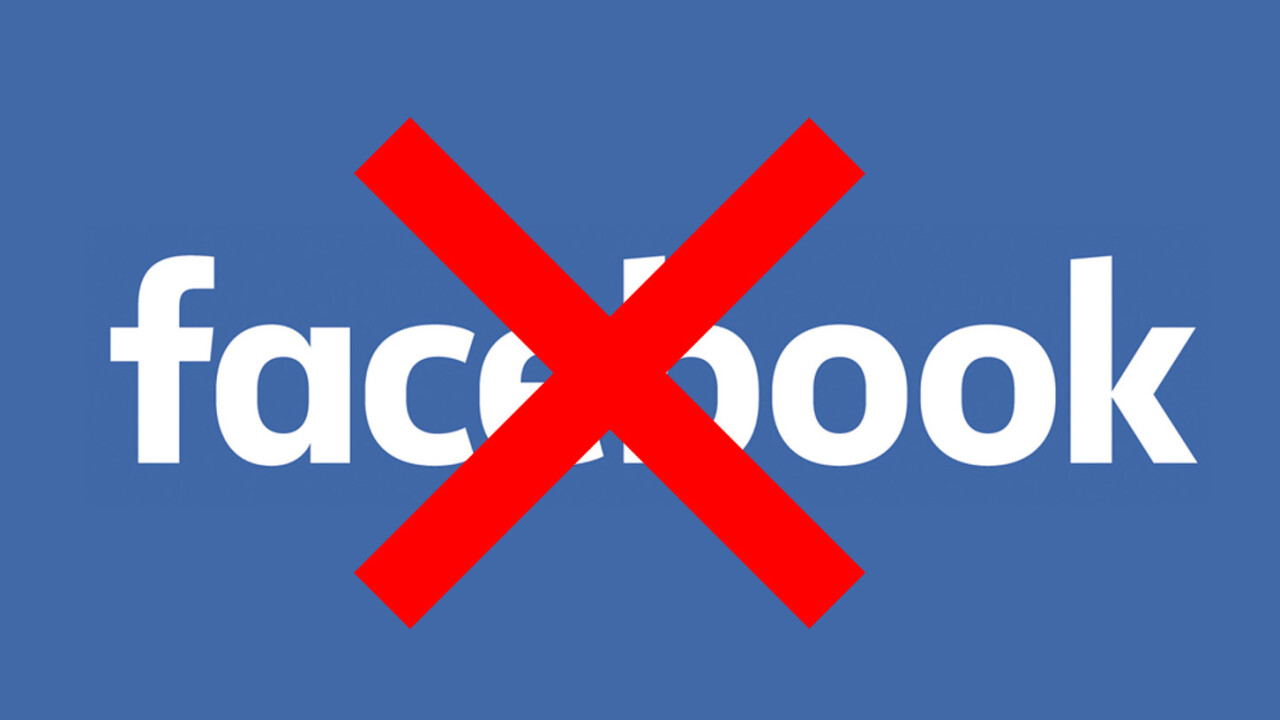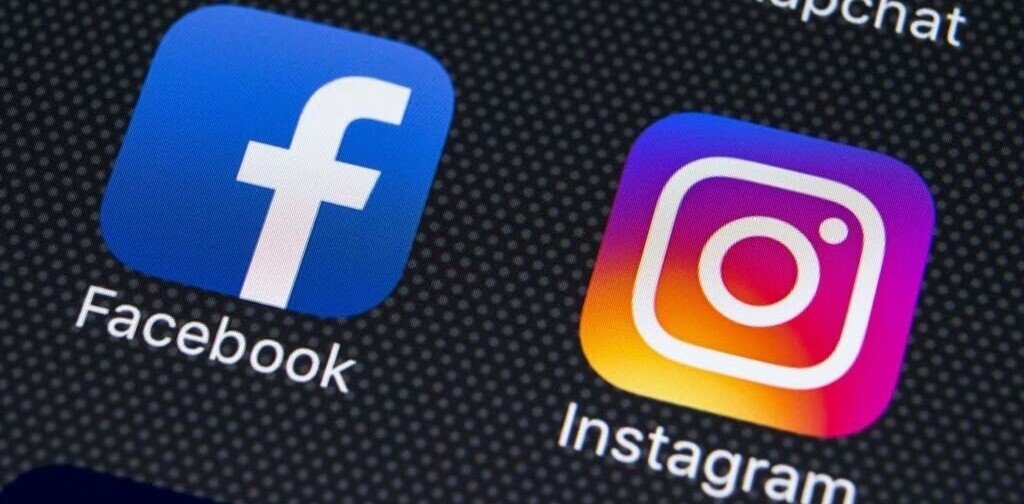
Earlier this year Facebook said it would crack down on ads from groups peddling misinformation about vaccines. The announcement was heralded by medical professionals and pundits as a capstone in their efforts to fight the pro-disease movement. However, in the time since the announcement, Facebook’s done the exact opposite.
A recent study from researchers at the University of Maryland, George Washington University, and Johns Hopkins shows that Facebook blocked pro-vaccination ads on the basis that they were too political, while simultaneously allowing hundreds of advertisements from anti-vaccination groups to display for millions of users. Many of these ads were targeted towards women over 25 (the most likely demographic to be pregnant or the parent of a young child) in areas stricken by recent measles outbreaks.
Medical experts claim that Facebook has played a major role in the resurgence of the measles virus and blame the social media network’s declaration that all advertisements concerning vaccinations were political in nature. The aforementioned study, published in the medical journal Vaccine, concludes:
A small set of anti-vaccine advertisement buyers have leveraged Facebook advertisements to reach targeted audiences. By deeming all vaccine-related content an issue of “national importance,” Facebook has further politicized the vaccines.
The result of Facebook’s insipid approach? Pro-vaccine advertisements from public health and medical entities were banned consistently because the experts purchasing them didn’t label them as political advertisements.

The US Center for Disease Control declared the measles virus ‘eliminated’ in the US in 2000.This came on the heels of a decades-long battle by medical professionals to eradicate the disease via vaccination. There were more than 27,000 cases of measles reported in the US in 1990. That number was down to 2,237 by 1992 thanks to mandatory vaccination efforts and expert outreach programs. In 1993 there were only 312 reported cases.
Between 1993 and 2018 the US averaged 200 reported measles cases per year. In 2019 alone there have been 1,261 documented cases so far. Experts believe that coordinated misinformation campaigns on social media websites, by a small number of well-funded groups, are partially responsible for the disease’s resurgence.

Facebook’s response has been to provide transparency into the advertising process. Instead of actually stopping misinformation ads, it merely requires all advertisements around the vaccine ‘debate’ to be labeled as political.
This clearly advantages the proven misinformation and lies that the pro-disease movement relies upon to spread its message. There is an overwhelming consensus in the medical community that the measles vaccine prevents a deadly disease and there is no scientifically accepted evidence indicating that it causes Autism Spectrum Disorder (ASD).
The lies about ASD and immunizations stem from a study by disgraced ex-gastroenterologist Andrew Wakefield, a British former physician who had his medical license removed and was barred from practicing medicine after it was proven his seminal “anti-vaxx” paper was full of misinformation, skewed science, and outright fraud. He and Robert F. Kennedy Jr remain the figureheads of the pro-disease movement.
Ten of Wakefield’s twelve co-authors on the faked study have since denounced its content and distanced themselves from the paper, admitting it contains falsified data. But that hasn’t stopped those who are susceptible to manipulation and medical misinformation from clinging to the falsehoods presented by Wakefield and his fellow authors as ‘evidence’ that ASD and measles vaccinations are linked. They are not.
Facebook claims it’s since changed its advertising policies and that it no longer allows misinformation ads. Per an April 2019 post from the social network:
When we find ads that include misinformation about vaccinations, we will reject them. We also removed related targeting options, like “vaccine controversies.” For ad accounts that continue to violate our policies, we may take further action, such as disabling the ad account.
Instead, Facebook’s seemingly decided that proven medical science is political, which labels it the same as the rhetoric of pro-measles campaigners. This effectively hamstrings the medical community’s efforts to protect citizens from a deadly disease by making it difficult for those who aren’t medical professionals to tell the legitimate science surrounding vaccines from the unfounded myths pushed by anti-science alarmists.
Facebook claims that pro-vaccine ads were refused or taken down due to either algorithm miss-classification or clerical errors on the part of the purchasers. But the fact remains that myth-based anti-vaccination information and proven medical science are treated with equal gravitas by the platform, whose influence reaches billions of people.
Most people (67%) in the US turn to social media sites as their primary source of news and information, more than any other source. That means hundreds of millions of people in the US alone have been subjected to Facebook’s politicization of established medical science, endangering the safety of, well, everyone in the country – in fact, the US may soon lose its status as “measles free.”
Facebook’s choice to treat medical science as a political topic indicates it’s actively working against the public welfare in order to maximize its advertising revenues. Business as usual.
Get the TNW newsletter
Get the most important tech news in your inbox each week.





